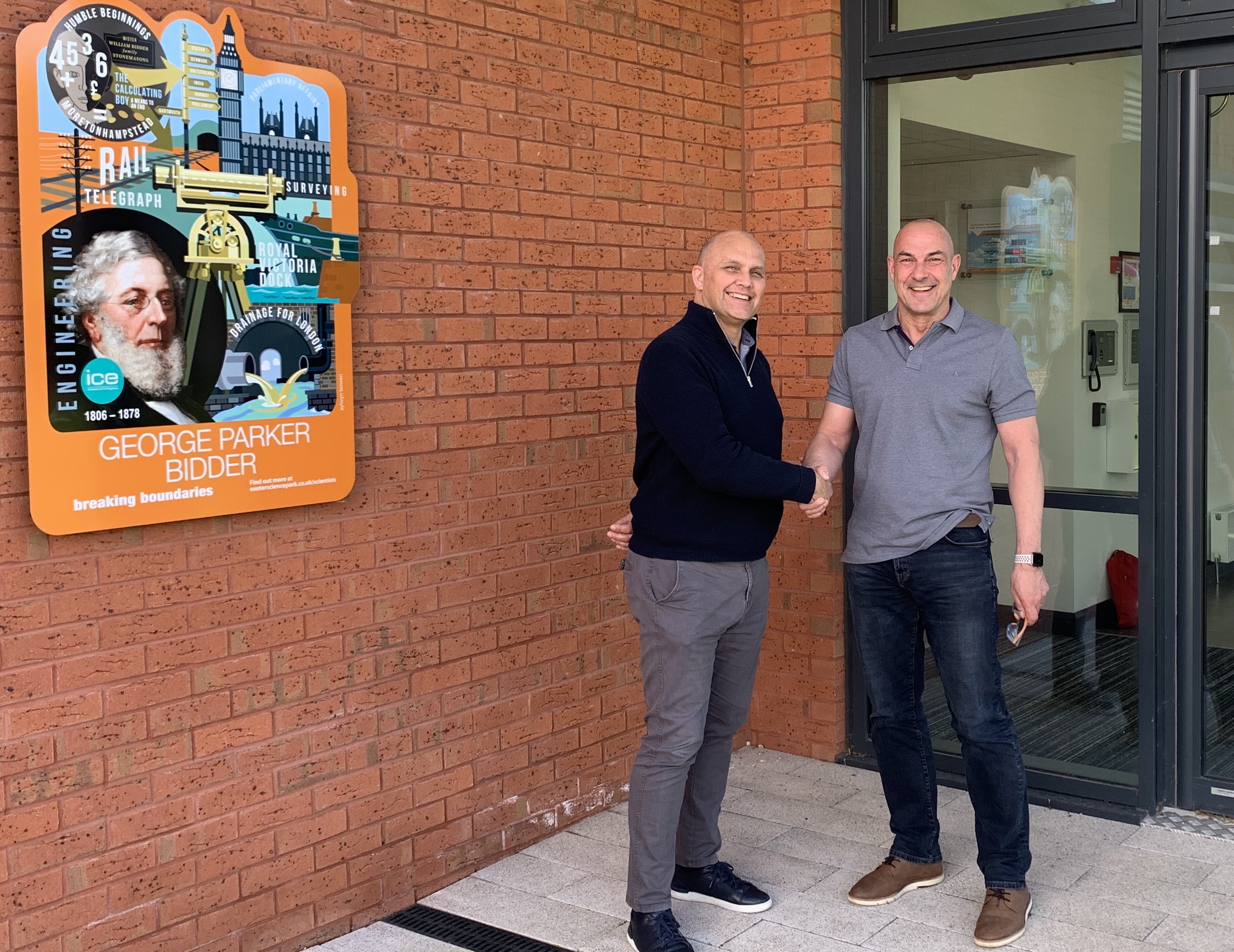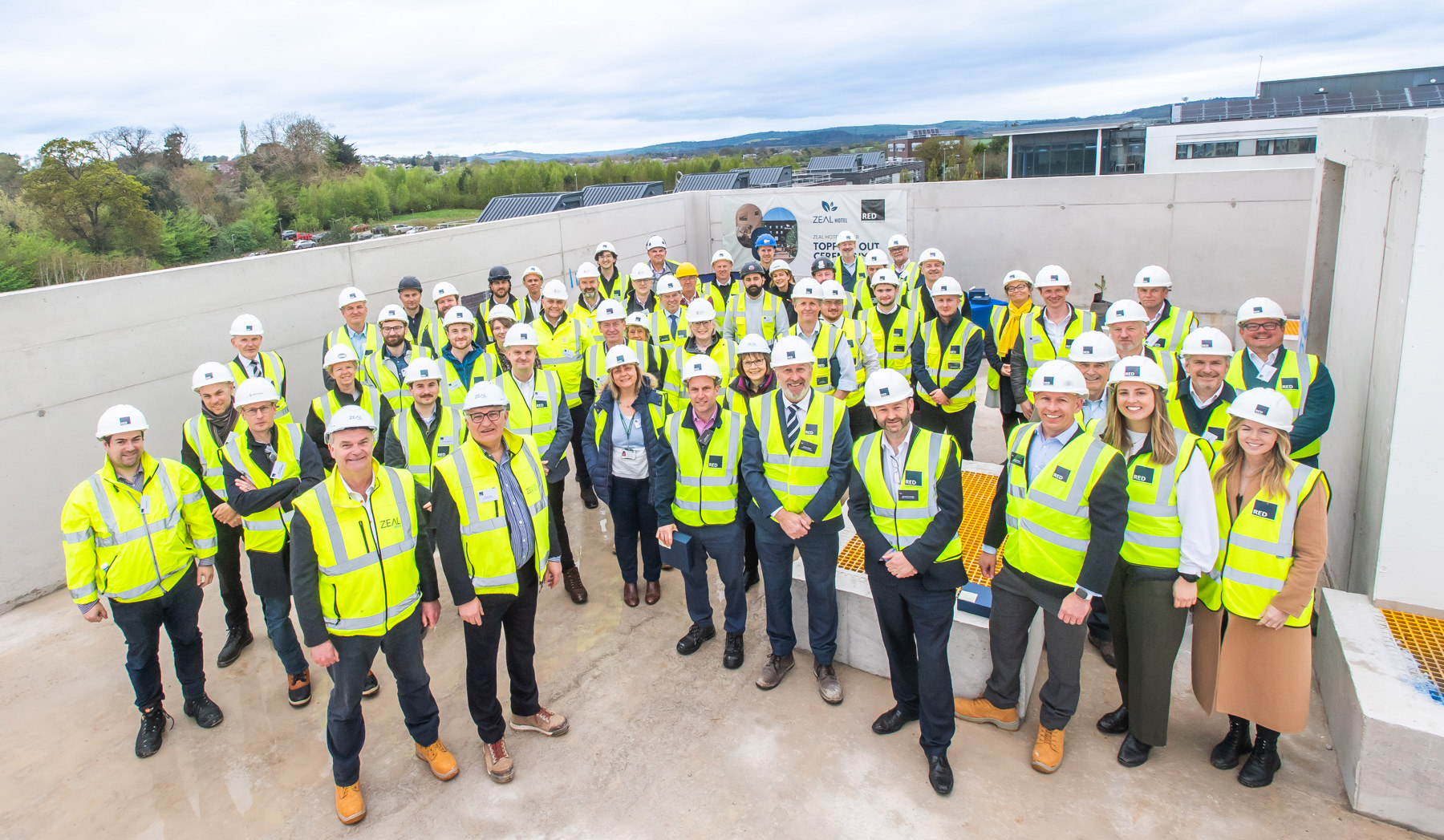Written and produced by Julie Hawker, MBE, FRSA, Chief Executive at Cosmic.
2024 has brought with it major developments in deployment of AI solutions, which in turn is ushering in a transformative era for the job market, and bringing with it profound implications for the workforce. This is particularly true in regions like the South West, with its diverse mix of businesses (large and small), charities, social enterprises, and local government organisations, which face their own unique challenges as they navigate the digital transition. The region, with its economic and social landscape shaped significantly by these sectors, is now at a pivotal point for consideration of the major implications of digital transformation. A significant concern is the impact of AI on admin and support roles, which are not only prevalent in this region but with a very heavy bias towards being staffed by women. The challenge therefore intertwines issues of displacement by digital technologies with gender disparity. And of major concern is the perception that leaders are not yet doing nearly enough to address the threats and challenges ahead, particularly by supporting women in these roles to upskill and assess and understand the threats and opportunities fully.
Kirstine Dale, Chief AI Officer, Met Office
“Artificial Intelligence will bring unimaginable benefits for society. But we need to ensure that AI is a force for good for all society and doesn’t exacerbate around gender, race, ethnicity or religious biases. Using AI to increase inclusion and accessibility, for example could remove biases from recruitment processes, marketing and communication materials. However, there is also a risk of exclusion of groups unfamiliar with the new technology and ways of working – this will need careful management. These are exciting times and AI should be part of the solution for creating diverse and inclusive workplaces.”
The South West is characterised by a vibrant mix of small and medium-sized businesses, social enterprises, charities, and public sector organisations. Many of these entities rely heavily on administrative roles for their daily operations. These positions, range from office management to executive support, and are crucial for the smooth functioning organisations. But equally these jobs are those most at risk from automation and deployment of AI solutions. Local government, charities and social enterprises, in particular, play a pivotal role in the regional economy, often operating with limited resources and tight budgets. The prospect of successful integration of AI into these organisations therefore poses both a financial consideration and a strategic dilemma. For example, the leaders need to weigh-up the benefits of automation against the potential loss of jobs that are crucial for local employment.
Charlotte Collyer, Employment and Skills Manager; Digital and Sector Skills, Devon County Council
“AI is automating tasks not job roles, but the risk is, if the new opportunity to access and use AI applications is not extended to everyone, then the AI risk is displacement of those people that weren’t included in the familiarisation and subsequent adoption phase. This workforce dilemma extends to service users, where transparent and clear communications will either support or hinder service adoption.”
As in many other regions, admin roles are predominantly held by women. This gendered aspect of employment adds a layer of complexity to the discussion around AI and job displacement. The threat to these roles due to automation is not just a matter of economic disruption but also one of social equity. The loss of admin jobs to AI could disproportionately affect women, undermining progress towards gender equality in the workplace and also widening the gender pay gap. Admin and support positions often serve as gateways for women into various career paths within businesses, charities, and local government. The erosion of these entry points could stifle women’s professional development and leadership opportunities in the economy.
Paul Coles, Chief Executive, South West Business Council
“Those organisations that work with their teams to maximise the opportunities around augmented intelligence will be the ones that out perform their peers. Relatedly, we must also ensure that AI does not create another set of (digitally) excluded people; so programmes upskilling people on technologies like AI and Machine Learning will be absolutely vital.”
Addressing these challenges posed by AI requires a focused strategy on reskilling and upskilling, particularly for women in admin and support roles. The South West, with its economic makeup, needs tailored initiatives that consider the limited resources of SMEs, social enterprises, and charities. Support from government, in collaboration with educational institutions and the private sector, is crucial in developing training programs that are accessible and relevant to the workforce in the region. Inclusive growth plans can ensure that the digital transformation benefits all sectors of the economy and all members of the workforce. This includes creating opportunities for women to transition into emerging roles that AI and digital technologies will bring forward. Such plans could transform the challenge of technological disruption into an opportunity for economic and social renewal.
Professor Robin Pierce, Professor of AI and the Law, Exeter University
“Task-shifting is a huge and sometimes overlooked consideration in the adoption of AI technologies. When tasks shift from people to technology, it sets in motion several changes for the workplace. There will be the predictable loss of jobs, but also it leaves the remaining workforce with new challenges as they have to adapt to working with the new technologies. Reskilling is inevitable, but the contours of how we do it will have enormous implications for equity in the workplace going forward. The potential societal impacts of gendered disadvantage in the wake of the AI taking on jobs formerly performed by people points to the need for systematic and equitable up-skilling as a matter of course. That is, any task shifting should be accompanied by an proportionate and appropriate reskilling program, particularly those that target and support career growth. The main question from my perspective is not whether potential disproportionate impacts of task-shifting should be governed, but how.”
The deployment of AI presents a complex set of challenges and opportunities for the South West. The region’s reliance on administrative roles, combined with the significant representation of women in these positions, calls for a nuanced approach to navigating the digital transition. By focusing on gender-sensitive reskilling programs and inclusive growth strategies, the South West can address the dual challenge of technological advancement and gender equality. This balanced approach will not only safeguard jobs but also ensure that the region remains at the forefront of social and economic impact.
Julie Hawker, Chief Executive, Cosmic
“Over the years we’ve seen multiple examples of women in the workforce being left behind, not just in career progression but also in the adoption and skills gained in digital technology. This dimension has been witnessed for decades now in schools with a far lower proportion of girls taking computer studies and this is also reflected in higher education courses too. Over the years Cosmic has run several women-focussed digital skills programmes successfully upskilling women in a wide variety of careers and business sectors. But there is now coming a shift in the workforce with major opportunities for re-skilling and advancement of careers. We need to double-down on all our plans and efforts to ensure women in admin roles are not left behind by these changes, but instead rise to the challenge and develop new valuable digital skills.”










